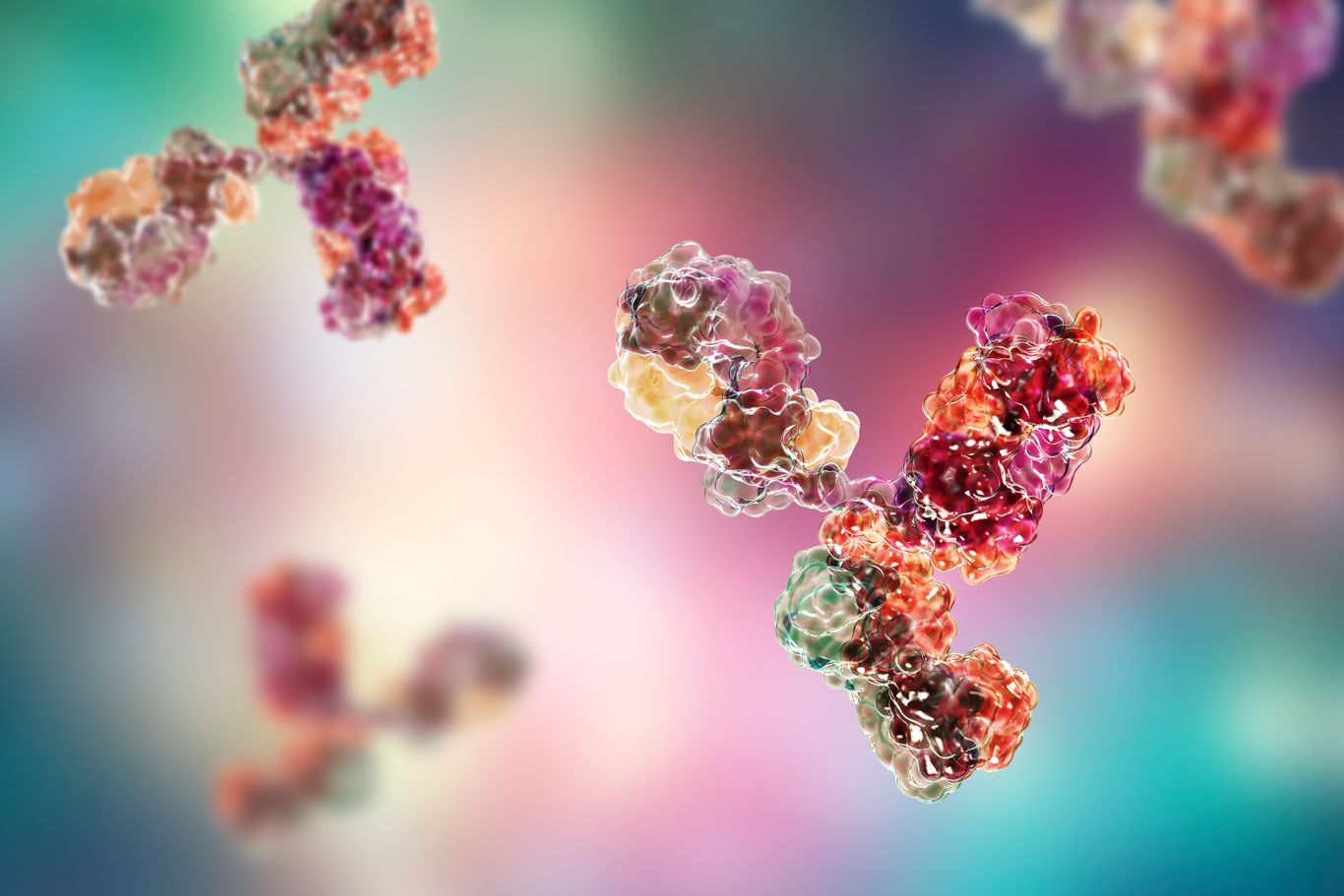
Science
Hansa Biopharma’s proprietary antibody-cleaving enzymes, imlifidase and HNSA-5487, target and inactivate IgG antibodies in the blood and tissues, inhibiting the IgG-mediated immune responses.
Antibodies, and in particular Immunoglobulin G (IgG) are an important element of the protective immune response. In some situations, however, IgGs can be pathogenic or harmful. In autoimmune conditions for example, the immune system mistakenly mounts an attack against the body’s own cells and tissues. In other instances, antibodies interfere with and undermine the success of gene therapies and certain procedures including transplantation.
With their rapid onset of action that temporarily reduces IgG below detectable level in 2-6 hours, imlifidase and HNSA-5487 help halt the progression of IgG-driven acute autoimmune diseases, as well as enable lifesaving and life altering procedures and therapies.



